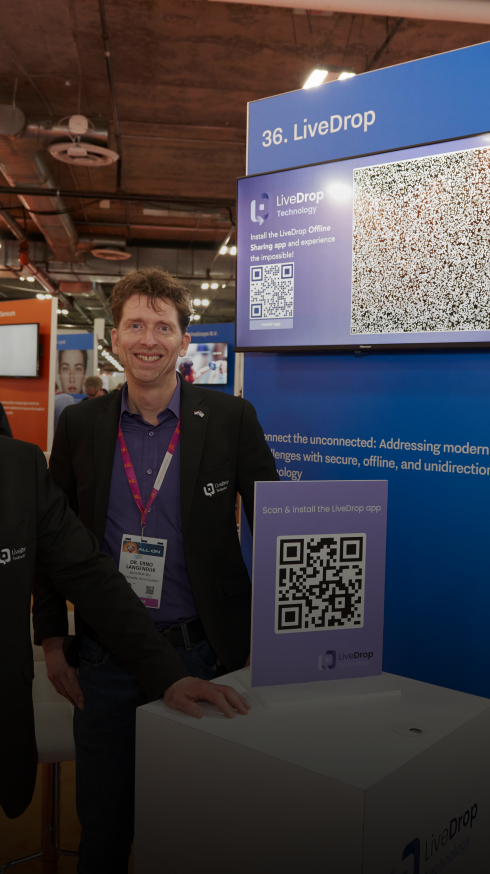

Article
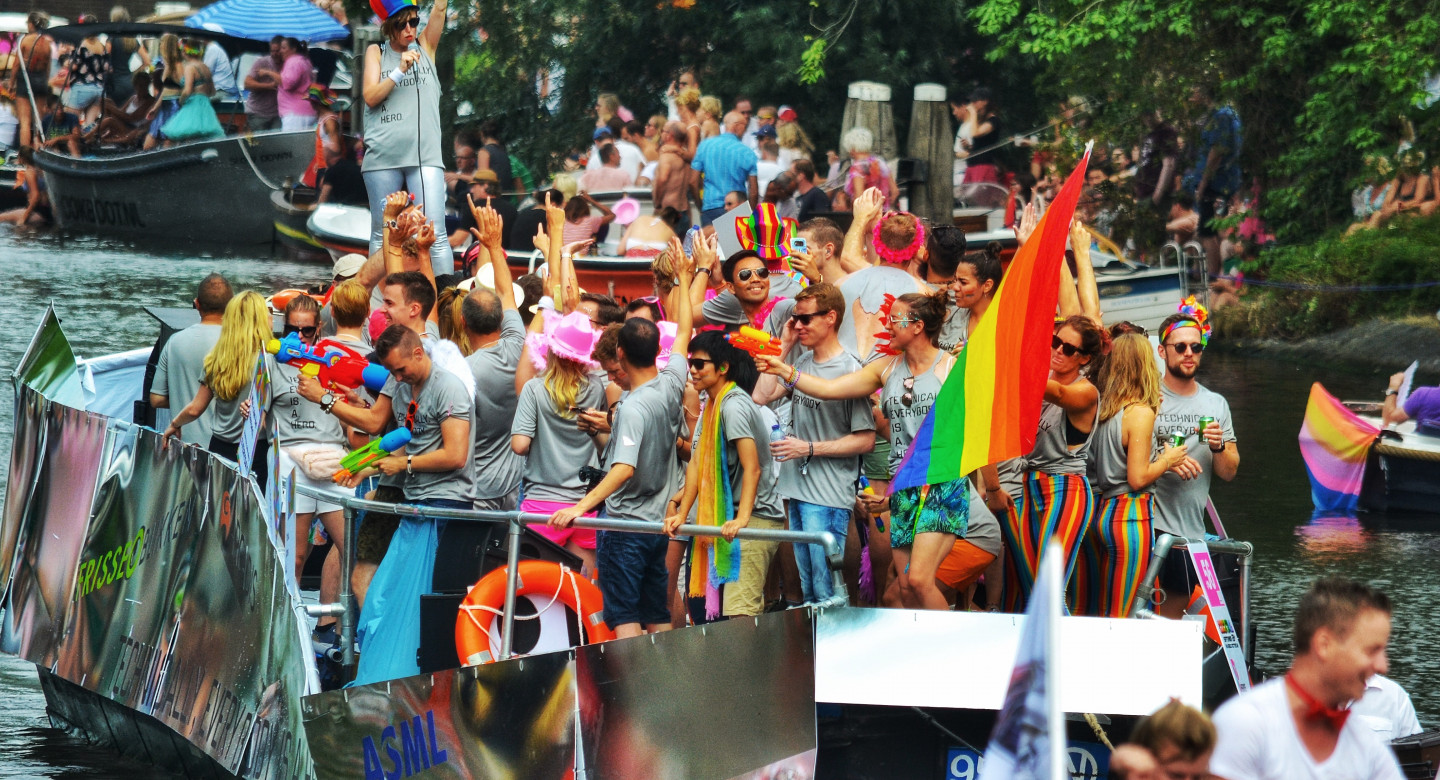
After a two-year break due to COVID-19, Pride parades are being held in many countries across the world this summer. In the Netherlands, Pride street festivals are being organised up and down the country to stand up for LGBTIQ+ rights and celebrate diversity in all its forms.
You may be wondering how it all began, so let's recap. Pride began over 50 years ago as a protest in response to police violence in a New York gay club, the Stonewall riots. The first gay Pride in the Netherlands followed with a protest in 1977 at the end of June to mark the Stonewall riots. This has become known as Roze Zaterdag (Pink Saturday). Roze Zaterdag is unique to the Netherlands and is held in a different Dutch town or city every year. And being famous for our canals, the Pride Parades in two Dutch cities have taken to the water with Canal Pride in Amsterdam and Utrecht’s Pride Boat Parade.
In 1946, gay rights association COC formed to fight against the discrimination of homosexuals and lesbians. Today it is one of the few organisations in the world to enjoy consultative status at the United Nations. It’s also thanks to the work of the COC that a monument for homo emancipation consisting of three pink marble triangles was erected in the capital at the end of the 1980s. The pink triangle badges was imposed by the Nazi regime on the uniforms of gay men in concentration camps during the World War II. Intended as a badge of shame, it is now worn as a badge of honour.
Partly because of changing attitudes towards gender and sexuality, the Netherlands became known as a tolerant country. In the 1990s, Amsterdam considered itself to be the Gay Capital of Europe. In 2002, the Netherlands was the first country to open marriage to same sex couples. As Mayor of Amsterdam, Job Cohen administered the first gay wedding ceremonies in the Dutch capital after the legislation to legalise same sex marriage was introduced. During his time as a minister in the Dutch government, Job Cohen had been responsible for introducing the legislation himself. Now same sex couples can tie the knot in 30 countries and 5 US states.
Today, Pride is just as important as it was 50 years ago.
We should never be complacent about prejudice against LGBTIQ+ people. The recently published Rainbow Europe Index shows the Netherlands has slipped from 12th to 13th place. This is partly because other countries have overtaken the Netherlands by introducing legislation for more transgender rights. One such measure is transition leave for transgenders - which is still waiting to be passed through the Dutch houses of parliament. While some European countries are enshrining inclusivity into law. Others are tightening anti-gay measures.
There is still a long way to go. Our youth also need more support. Coming out is still difficult. Studies have shown suicide rates in LGBTIQ+ people is high with almost half lesbian, gay and bisexual people considering taking their own life. Among transgenders this figure is even higher at 90 percent. The word “Homo” is unfortunately still used as a swearword to stigmatise gay people. For the last 12 years, Dutch school children and students have expressed support for inclusivity by wearing the colour purple on the second Friday of December.
Today Pride is just as important as it was 50 years ago. As prejudice and violence against homosexuals and transgenders has not been eradicated. And homosexuality is still illegal in almost 70 countries.
The good news is that the Pride movement has made great strides. It has hugely contributed to the acceptance of LGBTIQ+ people. In sports, the John Blankenstein Foundation is creating a safe environment for discussing inclusivity. And the growing popularity of women's football setting an example for inclusivity - changing the game with regard to attitudes.
The Netherlands strongly advocates for gender and LGBTIQ+ equality. Both at home and abroad, supporting gay rights is more than just painting a rainbow crossing across the road - however significant the symbolism. That is why the Dutch government together with its embassies supports organisations advocating for LGBTIQ+ rights on an international scale. This includes the Netherlands' COC International and IGLA - a worldwide federation which brings together 1700 organisations from 160 countries. And programmes such as:
That's why the Netherlands says: Orange is always part of the rainbow.
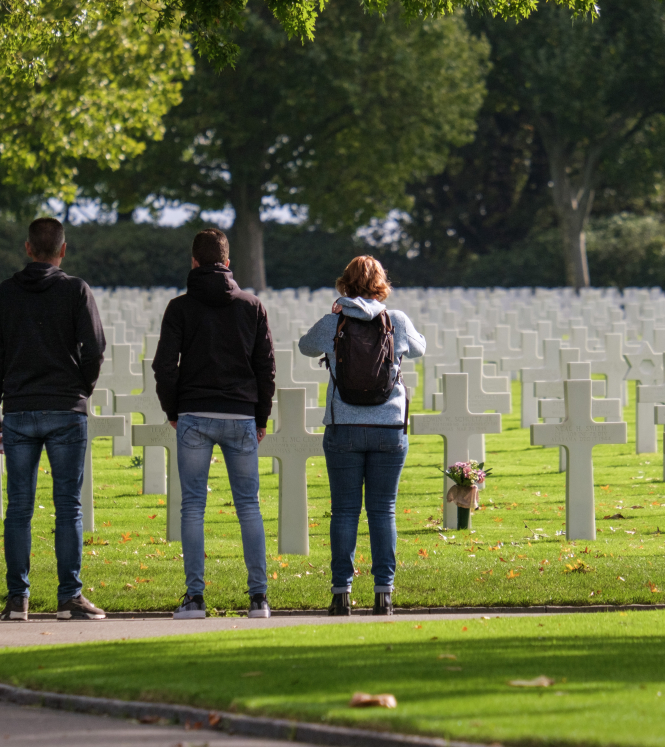
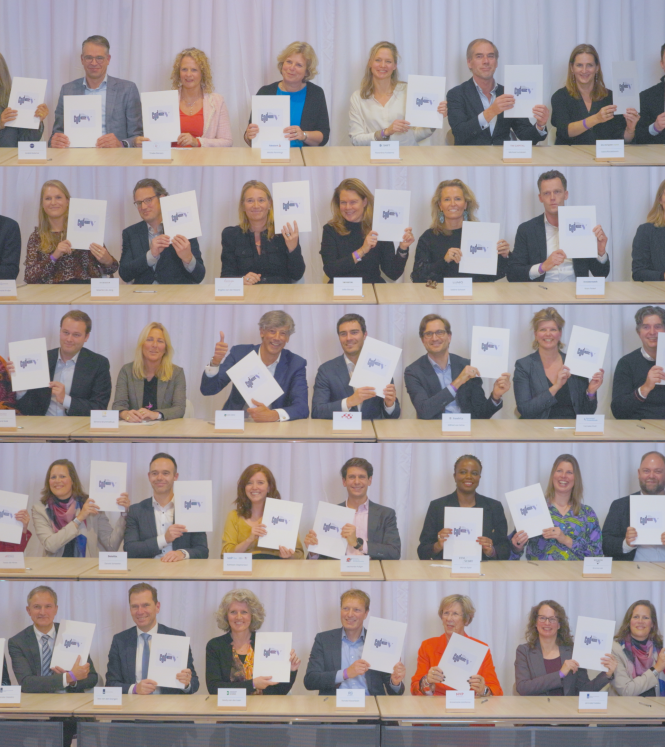
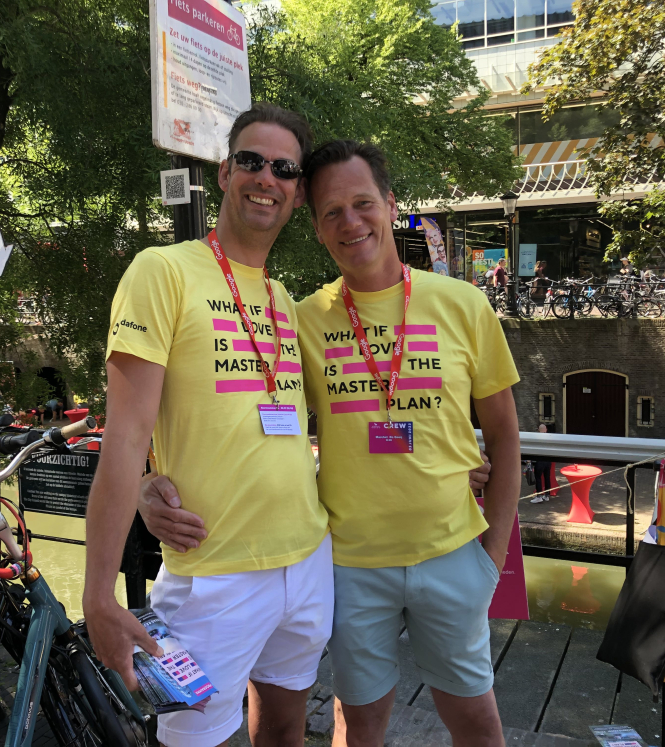
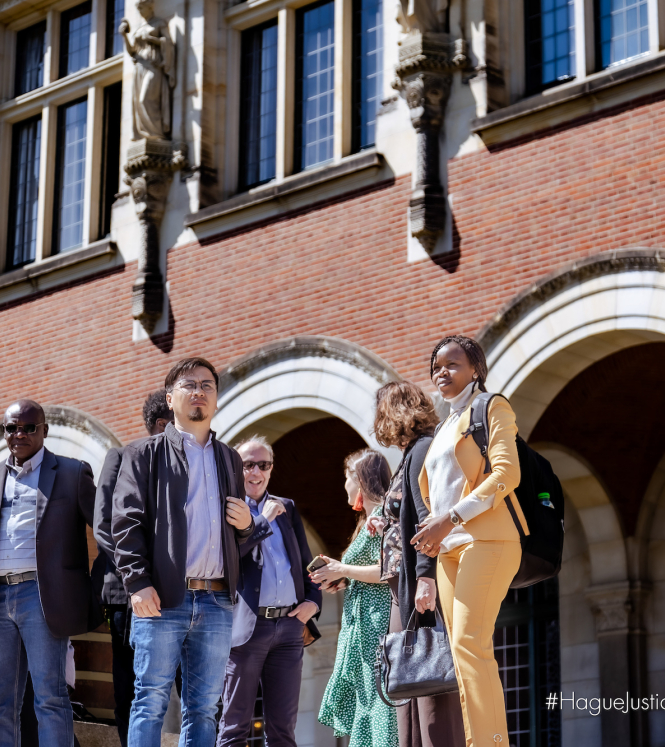
Want to know more about how you can work together with the Netherlands to achieve your goals? Or how you can help contribute to or spread the word on campaigns, events and initiatives? Contact us directly at info@nlbranding.nl so we can help you connect to the right people.